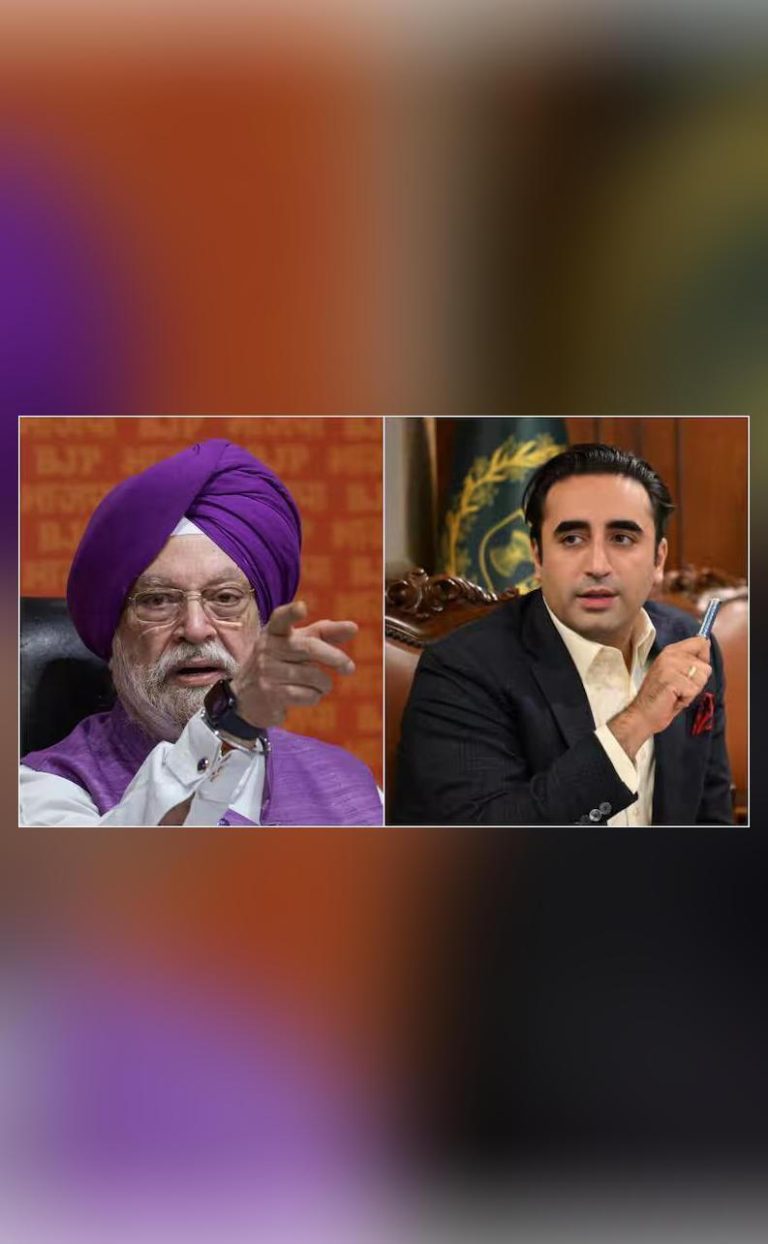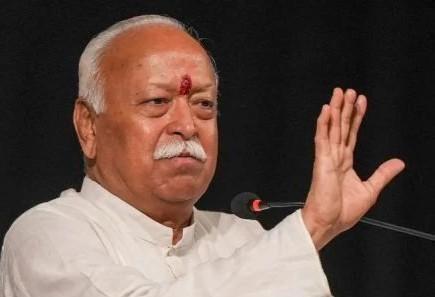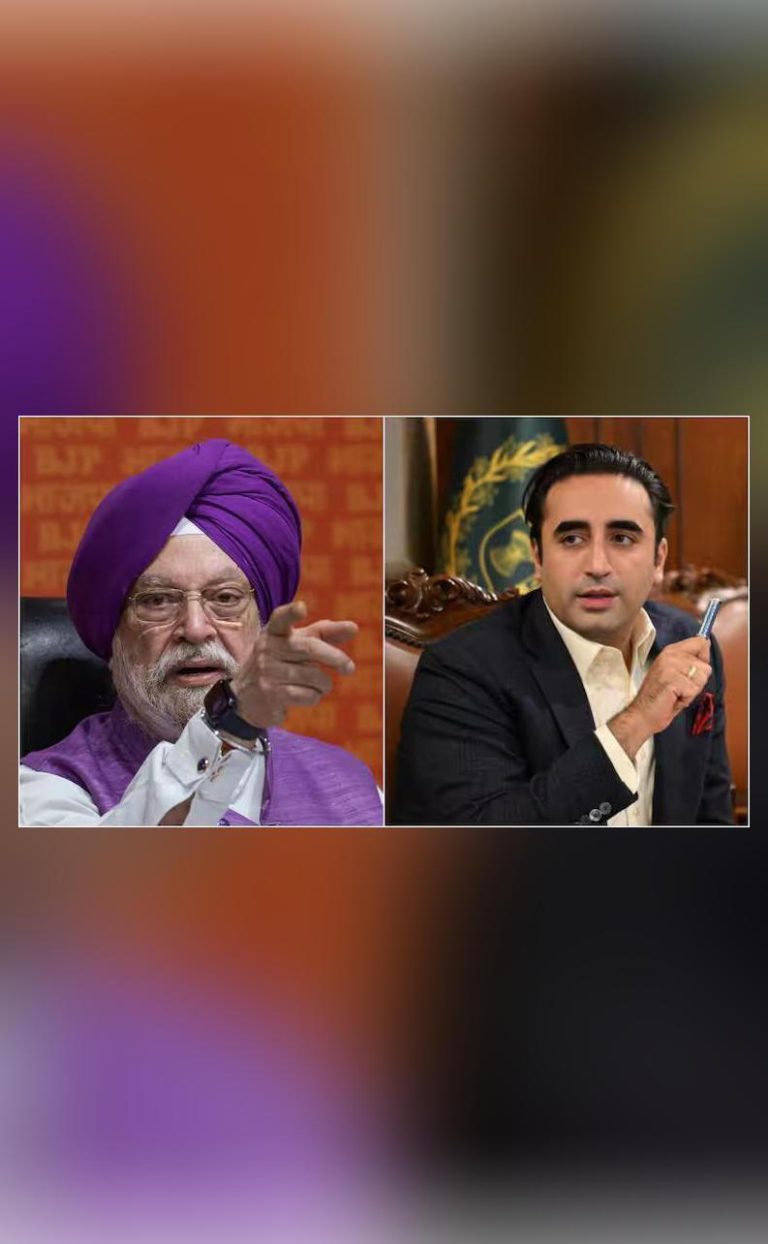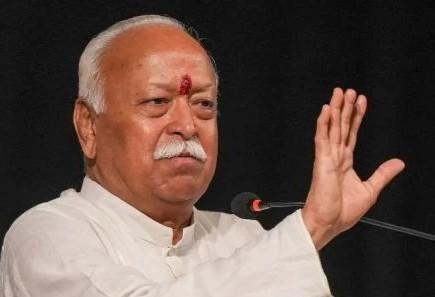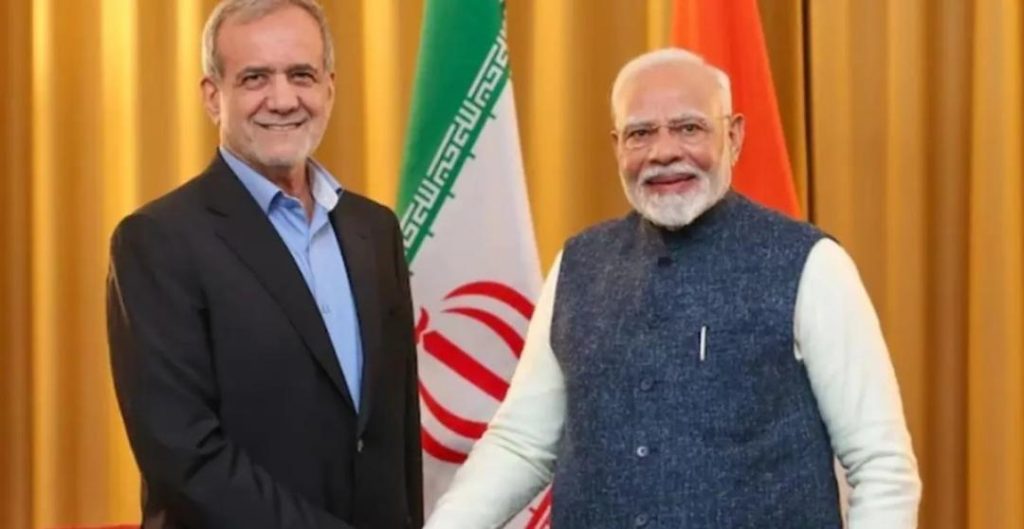
Iran Offers to Mediate Between India & Pak After Pahalgam Attack
In the aftermath of the recent terrorist attack in Jammu and Kashmir’s Pahalgam, which has heightened tensions between India and Pakistan, Iran has offered to mediate between the two countries. This move comes as a significant development in the already strained relations between the two nations.
Iran’s Foreign Minister, Seyed Abbas Araghchi, took to Twitter to convey Tehran’s willingness to play a mediating role. In his tweet, he wrote, “Tehran stands ready to use its good offices in Islamabad and New Delhi to forge greater understanding at this difficult time.” This statement has been seen as a significant attempt by Iran to ease the tension between the two countries, which has been escalating in recent weeks.
The attack in Pahalgam, which left several people dead and many more injured, is believed to have been carried out by Pakistani-backed terrorists. The Indian government has since accused Pakistan of supporting and sponsoring terrorism in the region, leading to a significant deterioration in relations between the two countries.
In response to the attack, India has taken several measures to strengthen its security and counter-terrorism efforts. One of the most significant moves has been the suspension of the Indus Waters Treaty between India and Pakistan. The treaty, which was signed in 1960, regulated the sharing of waters from the Indus River system between the two countries. India’s suspension of the treaty is seen as a significant escalation of the conflict between the two nations.
Pakistan, on the other hand, has denied any involvement in the attack and has accused India of using the incident as a pretext to escalate tensions. The Pakistani government has also vowed to continue supporting the people of Kashmir in their struggle for self-determination.
The offer by Iran to mediate between India and Pakistan comes at a critical time, when the situation on the ground is becoming increasingly volatile. The two countries have a long history of conflicts, and the recent attack in Pahalgam has only served to further inflame tensions.
Iran has traditionally maintained good relations with both India and Pakistan, and has often played a mediating role in regional conflicts. In the past, Iran has helped to broker agreements between the two countries, and has also provided support to both nations in their fight against terrorism.
In the current situation, Iran’s offer to mediate between India and Pakistan is seen as a significant development. The country’s foreign minister has emphasized the need for greater understanding and cooperation between the two nations, and has urged them to work together to address the root causes of terrorism in the region.
While Iran’s offer to mediate is welcome, it remains to be seen whether the two countries will accept it. India and Pakistan have a long history of mistrust and conflict, and it is unclear whether they will be willing to put aside their differences and work together to address the issues that are dividing them.
However, it is clear that the situation on the ground is becoming increasingly dangerous, and that some kind of resolution is needed to prevent further escalation. Iran’s offer to mediate between India and Pakistan is therefore a significant development, and one that could potentially help to bring the two countries back from the brink of conflict.
In conclusion, Iran’s offer to mediate between India and Pakistan is a significant development in the ongoing crisis between the two countries. The country’s willingness to play a mediating role is a welcome move, and could potentially help to ease the tension between the two nations. However, it remains to be seen whether India and Pakistan will accept Iran’s offer, and whether they will be willing to work together to address the root causes of terrorism in the region.
News Source:
